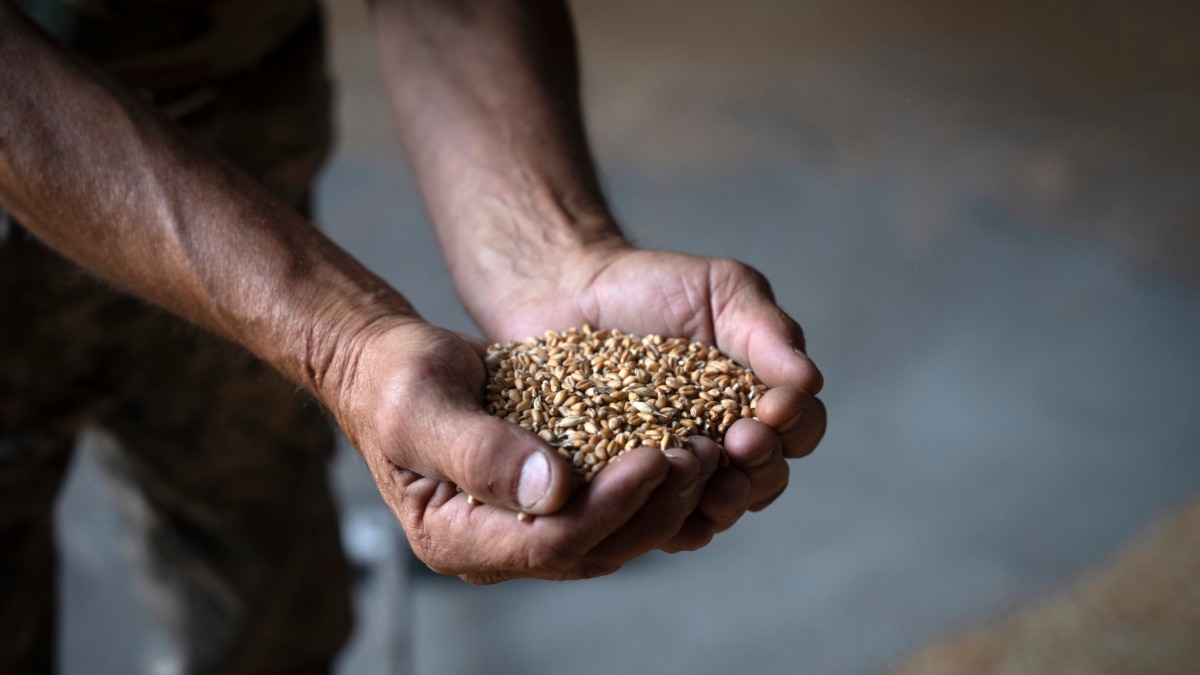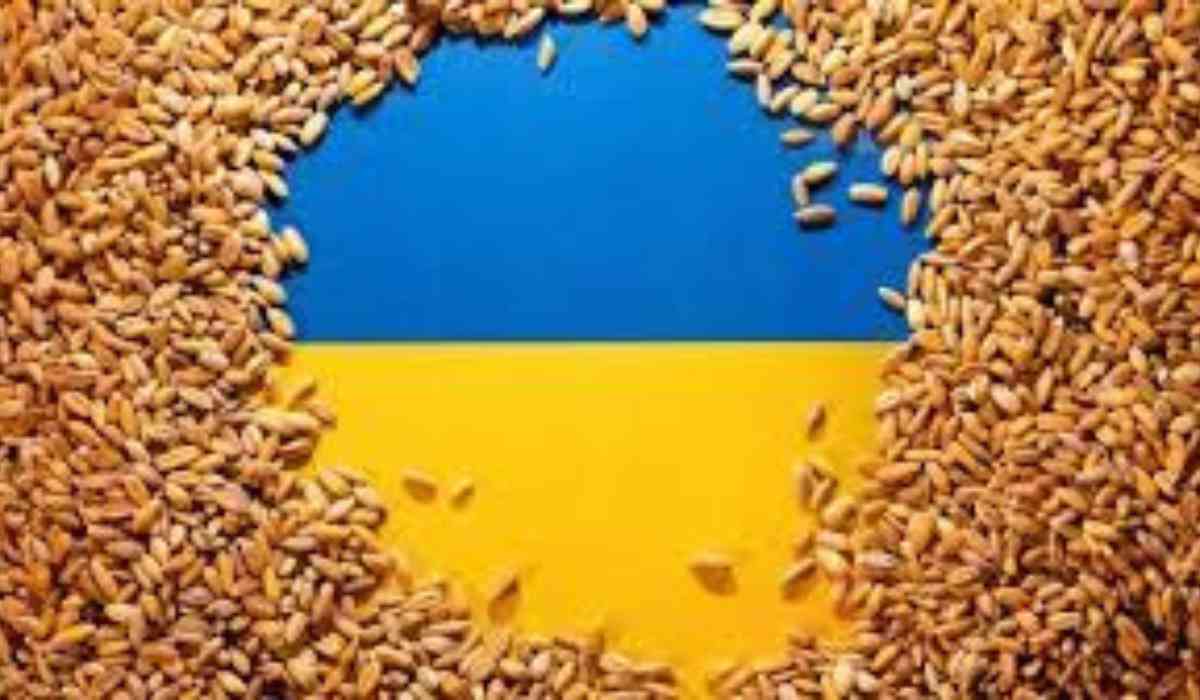Poland, Slovakia and Hungary have implemented their own restrictions on grain imports from Ukraine following the European Commission's decision not to extend the import ban on five of Ukraine's European neighbours. Ukraine, once one of the world's top grain exporters, has faced many challenges after Russia's invasion in 2022 disrupted its ability to export agricultural products through Black Sea ports. As a result, neighbouring countries suffered an influx of grains and oilseeds, leading to price drops, loss of income for local farmers, and bans on agricultural imports from Ukraine.
In May, the European Union intervened by imposing a ban on imports to neighbouring countries, on the condition that Ukraine could still export its products elsewhere. The EU ban has now expired as Ukraine pledged to improve export controls to neighbouring countries, a key issue as farmers prepare to harvest and sell their crops. Despite calls by European Trade Commissioner Valdis Dombrovskis not to take unilateral measures, Poland, Slovakia and Hungary reinstated their own restrictions on Ukrainian grain imports, while at the same time allowing the transit of Ukrainian products. Terry Reilly, the senior agriculture strategist, noted that as long as Ukraine can certify the grain's safe arrival at the destination, a ban on domestic use would not significantly hinder the country's exports.
The exact extent of Ukraine's export restrictions and the impact of these new bans on Ukrainian products remains unclear. The situation highlights divisions within the EU over the economic impact of the war in Ukraine on member states with influential agriculture and farming sectors.

Ukrainian President Volodymyr Zelenskiy welcomed the EU's decision not to extend the ban any further but warned of a civilized response if EU member states violate EU rules. The three countries that implemented the ban said they were acting in the interest of the economy, by including grains and expanding to meals made from corn, wheat and rapeseed. Hungary has imposed a nationwide import ban on many Ukrainian agricultural products, including grains, vegetables, meat products and honey. The Slovak Minister of Agriculture also announced a ban on cereals. It is important to note that the three bans only apply to domestic imports and do not affect shipments to other markets.
The EU previously established alternative land routes, known as Solidarity Lanes, allowing Ukraine to export grain and oilseeds after Russia withdrew from a United Nations-brokered grain deal in the Black Sea. The European Commission allowed the current measures to expire on Friday, citing the disappearance of supply distortions that initially led to the ban in May. The EU will not impose additional restrictions as long as Ukraine effectively controls its exports.
Farmers in neighbouring countries have repeatedly expressed concerns about product surpluses affecting domestic prices and pushing them out of business. While most of its neighbours debated extending the EU ban, Bulgaria decided to abolish the restrictions. Romania, which did not impose a unilateral ban before May, regrets the lack of a European solution to extend the ban. Romania will wait for Ukraine's export control plan before deciding how to protect its farmers, since a significant part of the alternative flow passes through its territory, mainly via the Danube River.
Over the past year, Ukraine used solidarity routes for 60% of its exports and the Black Sea for the remaining 40%. However, plans to increase exports through Romania have been hampered by Russian drone attacks on Ukrainian grain infrastructure along the Danube River and near the Romanian border.
© Copyright 2023. All Rights Reserved Powered by Vygr Media.
























